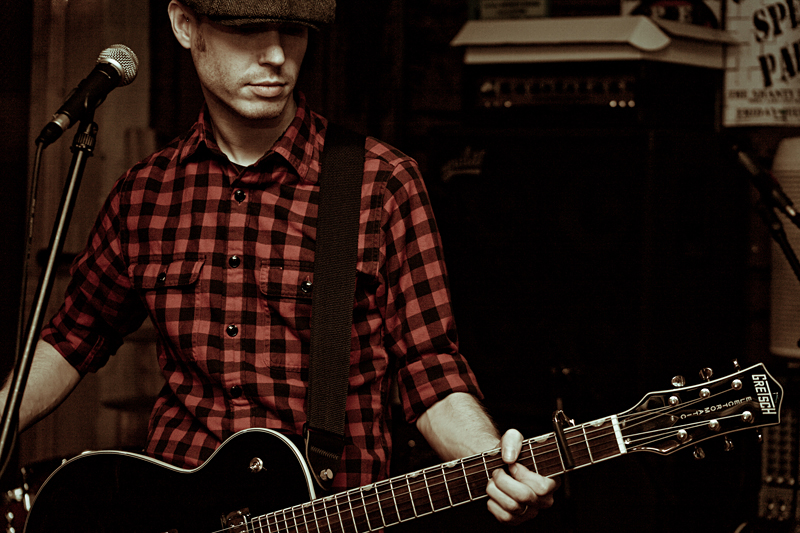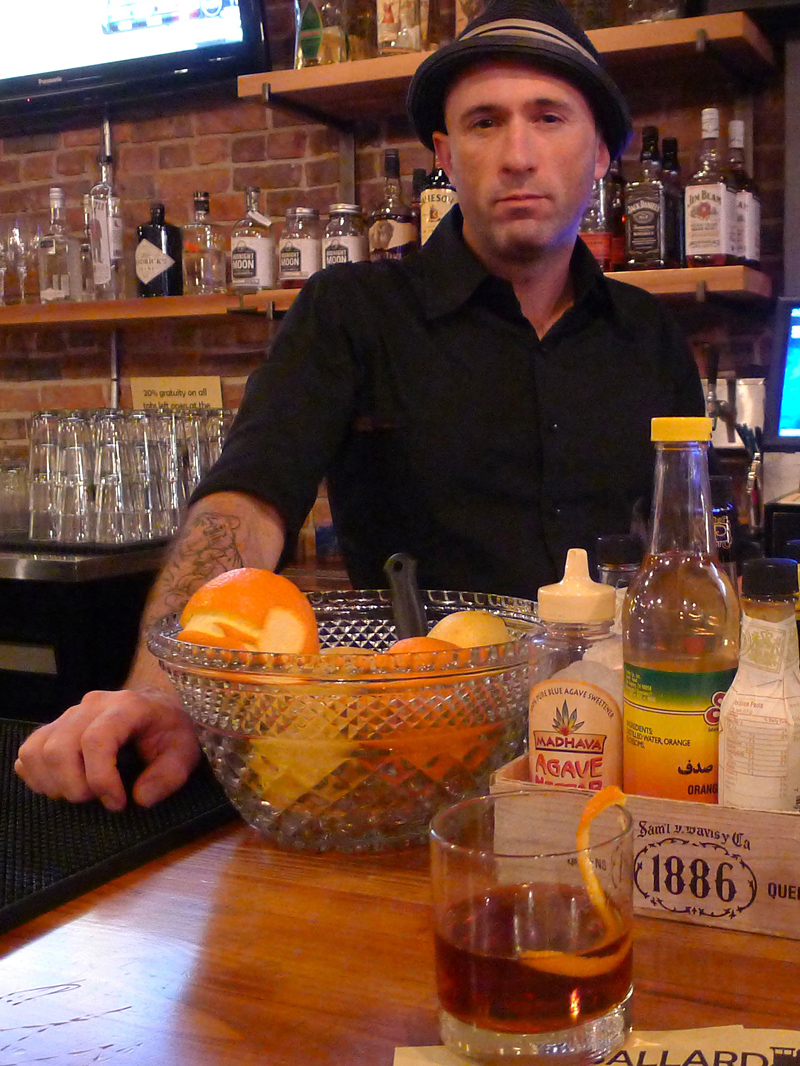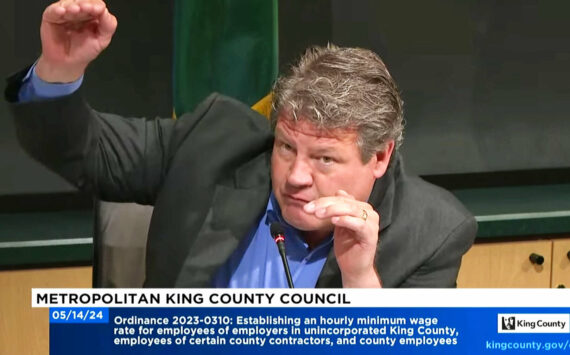There’s a lot to love about Mayor Mike McGinn’s proposed overhaul of the city’s nightlife regulations. Staggered closing times for bars, “liquor stickers” that allow would-be drunk drivers to leave their cars parked overnight without fear of getting towed, and community-outreach programs are all long-overdue changes. But is it really necessary to crack down on moderately noisy bars and music venues?
McGinn’s proposed decibel threshold—65, roughly the equivalent of conversational speech, a running air conditioner, or a noisy restaurant—was determined “after conducting many field tests, working with residents and club owners, talking to police officers, researching practices in other metropolitan cities, and considering how amplified sound needs to be measured.” According to the mayor’s office, just six percent of the 2,400 city residents who offered feedback on the nightlife initiative reported having “a significant problem with nightlife-related noise at least once per month.” More than 65 percent, meanwhile, said they never had a noise problem. Nonetheless, the mayor’s office writes that the new noise rules were spurred by “strong concerns” that were voiced at community meetings.
Violations of the noise ordinance will be complaint-based. Bars that are too noisy to their neighbors’ ears will receive a warning first; for repeat offenders, it’s a $1,000 fine and a $2,000-per-day penalty. A potential loophole is that a bar can only be slapped with a fine if a decibel reading of 65 or greater is taken inside someone’s nearby house or apartment; if the city has to take a decibel measurement on the sidewalk because the complainant doesn’t let the inspectors inside their abode, a warning is the most they can issue. McGinn spokesperson Mark Matassa notes that in lieu of paying fines, a club or venue that receives multiple noise complaints could use the money they owe the city to install soundproofing.
McGinn noted at a press conference last week that the intended targets of the new noise ordinance are establishments that bump deep, low-level bass. While this could conceivably include house music, odds are he was talking about hip-hop. If so, the new measures have the potential to further inflame tensions between the city and establishments which are owned by or cater to minorities. Here, the mayor’s office acknowledged that “members of the African American community commented at several meetings that clubs with live hip-hop acts were shut down at a disproportionate rate.”






